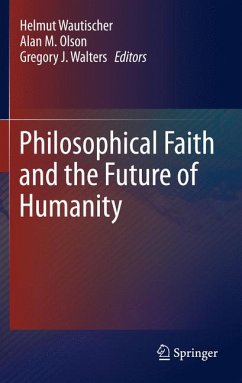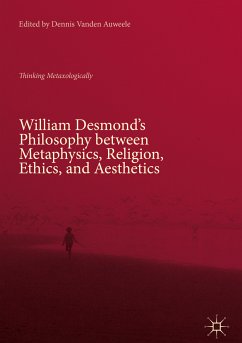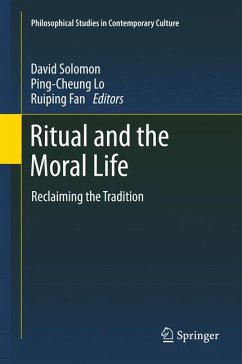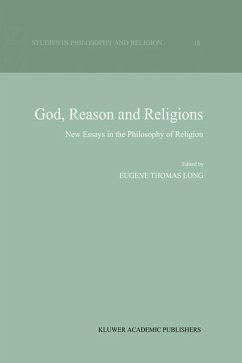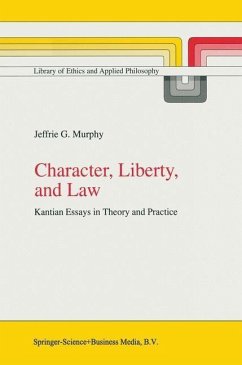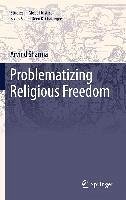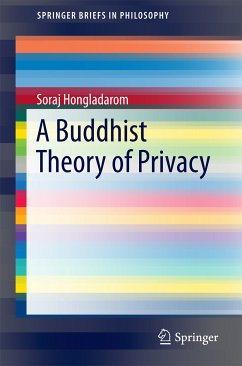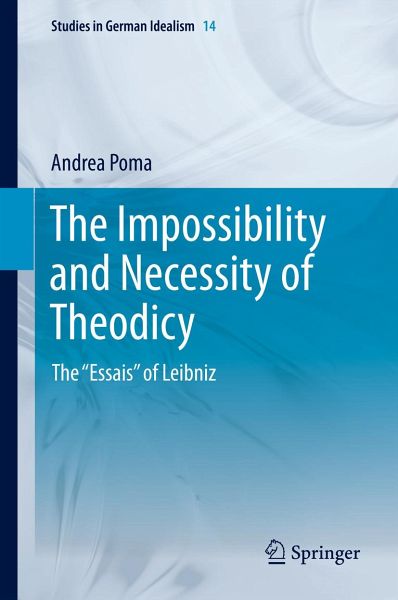
The Impossibility and Necessity of Theodicy (eBook, PDF)
The "Essais" of Leibniz
Versandkostenfrei!
Sofort per Download lieferbar
88,95 €
inkl. MwSt.
Weitere Ausgaben:

PAYBACK Punkte
44 °P sammeln!
This book provides an analytical interpretation of Leibniz's 'Essais de Théodicée' with wide-ranging references to all his works. It shows and upholds many thesis: Leibniz's rational conception of faith, his rational notion of mystery, the reformation of classical ontology, and the importance of Leibniz's thought in the tradition of the critical idealism. In his endeavor to formulate a theodicy, Leibniz emerges as a classic exponent of a non-immanentist modern rationalism, capable of engaging in a close dialogue with religion and faith. This relation implies that God and reason are directly ...
This book provides an analytical interpretation of Leibniz's 'Essais de Théodicée' with wide-ranging references to all his works. It shows and upholds many thesis: Leibniz's rational conception of faith, his rational notion of mystery, the reformation of classical ontology, and the importance of Leibniz's thought in the tradition of the critical idealism. In his endeavor to formulate a theodicy, Leibniz emerges as a classic exponent of a non-immanentist modern rationalism, capable of engaging in a close dialogue with religion and faith. This relation implies that God and reason are directly involved in posing the challenge and that the defence of one is the defence of the other. Theodicy and logodicy are two key aspects of a philosophy which is open to faith and of a faith which is able to intervene in culture and history.
Dieser Download kann aus rechtlichen Gründen nur mit Rechnungsadresse in A, B, BG, CY, CZ, D, DK, EW, E, FIN, F, GR, HR, H, IRL, I, LT, L, LR, M, NL, PL, P, R, S, SLO, SK ausgeliefert werden.




